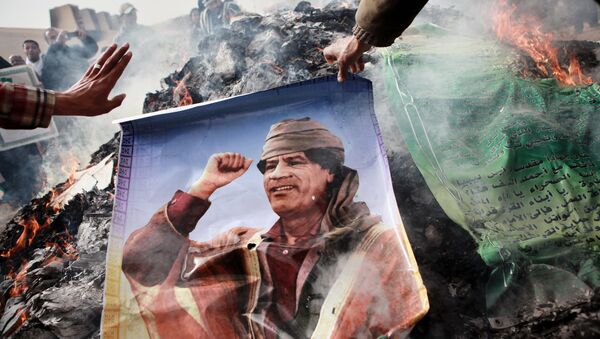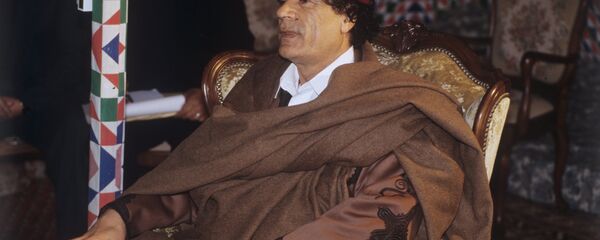Gaddafi was an uncompromising opponent of any foreign, and especially Western, military presence in African countries.
"The first thing Muammar Gaddafi did after the 1969 revolution, he stood against foreign military presence in Libya and Africa. At the time, military bases played the role of leverage to pressure politics and economics in Libya. This is why he was killed," as-Safi told Sputnik Arabic.
According to the politician, the former Libyan leader protected the interests not only of his country, but of the entire African region.
"His murder looked like an act of demonstrative revenge. It was not to protect anybody's interests. The fact is obvious especially taking into account the fact that Gaddafi protected Africa’s interests in the international arena. Libya was a sovereign country making independent decisions," he said.
The West did not like the fact that Libya was the only African state that made independent decisions for its own national interests, he said. But currently the country politically, economically and militarily depends on other nations.





